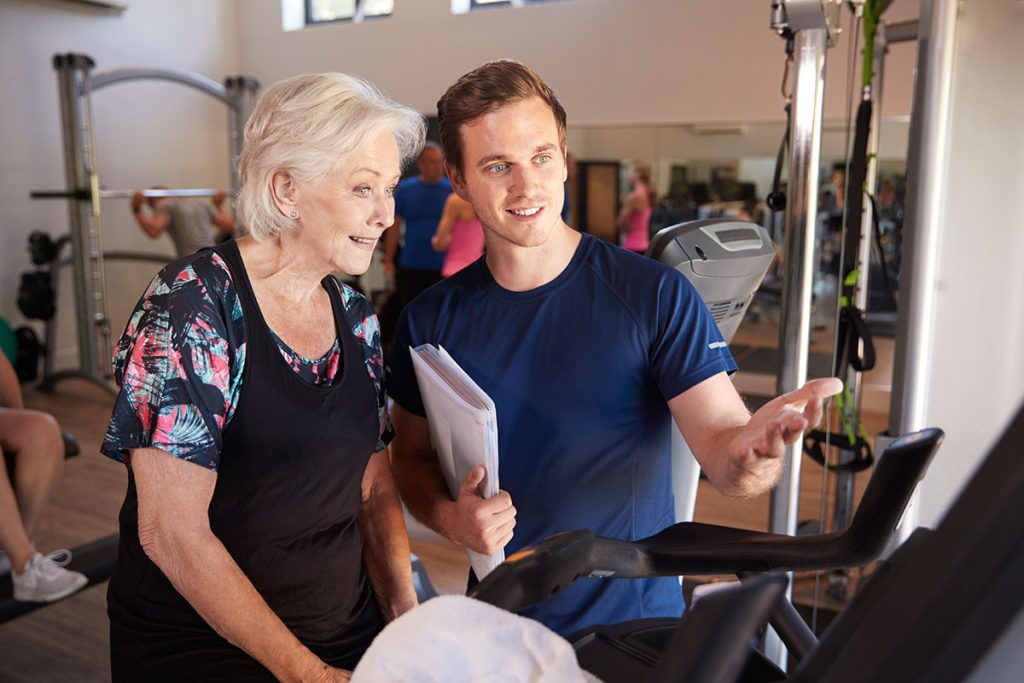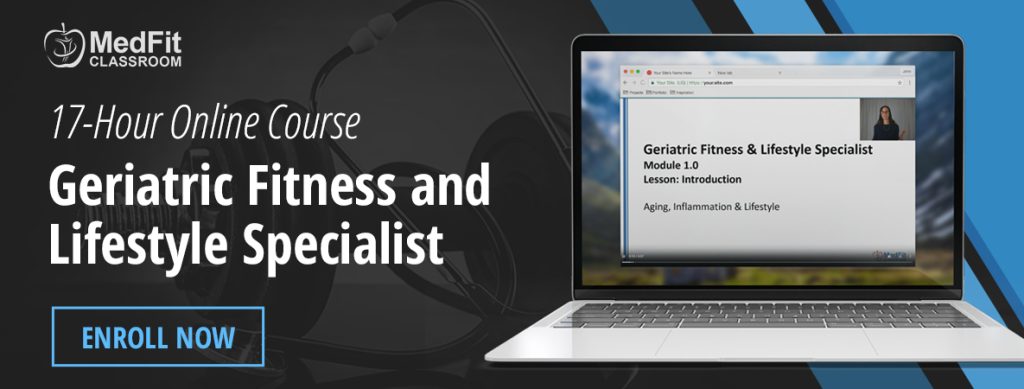Often clients have nagging pains and aches that do not seem to go away. Pain inhibits seniors from doing more. And they WANT to do more. You need to find out what is causing pain. You might need a team of referral partners. You might figure it out yourself. You start by becoming a Movement Detective !
Analyzing your clients’ daily patterns and repetitive activities as well as how they spend their “down” time will give you many CLUES into what might be causing the aches and pains of daily living. A careful detective asks the best probing questions in a conversational manner. There once was a 70’s TV detective named Columbo. He was always asking questions to get to the bottom of the crime. You need to get to the bottom of the crimes of poor movement and poor sedentary postures.

Once you discover a few clues, then you can incorporate alternative patterns and postures that may be less irritating to the joints and safer for the client. Just because they are still climbing stairs and ladders does not mean they are doing it well. Sewing all day in a hunched over position is doing nothing to improve that chronic neck and shoulder pain. Plopping into car seat and grabbing the seat belt with too much force and rotation is not helping with their back pain. See where this is going?
A. WHAT to look for
Ask your client to answer these questions. Give them a day or two to think about it. Write them down on an index card for them to carry around and be prompted to pay attention to their personal patterns.
Things you do the most often…
- Where do you sit?
- Where do you stand and what do you do there?
- Where do you move around? What areas of the home?
- What tools do you use? Home. Garden. Hobbies.
- What do you pick up and put down? Pets. People. Stuff.
- What shoes do you wear? Home. Outdoors. Exercise.
- What kind of car do you drive? SUV. Sedan. Low/High.
- In what position do you like to sleep? Side. Back. Tummy.
B. HOW to set up the crime scene for examination. Clues are in the moves.
- Have your client demonstrate how they maneuver through their day inside and outside the house.
- Have them demonstrate a few ADLS like picking up and putting things down.
- How they work at a counter and desk.
- How do they talk on the phone and work on their devices.
- How and what do the like to keep clean?
- Have them sit in their favorite chair and get cozy.
C. WHO to refer to if you spot a problem that you are not qualified to address.
Having a strong network of allied health professionals for your client to consider is a level of service most trainers are unable to provide.
Sometimes we notice things that are troublesome like seeing the client wince in pain when doing daily movement. This is when you ask about it and see if they would consider going to the doctor or physical therapist to determine if there is pathology to the pain or other discomforts such GI issues, headaches, etc. (Take detailed notes here. This will help the allied health professional if your client goes to them for diagnosis and treatment).
Important things to remember:
- Refer not Defer!
- When in doubt… Refer Out!
- Stay in Your Scope of Practice!
D. WHEN and WHERE to begin teaching the client new ways to do these everyday things.
BETTER and PAIN FREE.
Fit Pros: Guide Older Clients as a Geriatric Fitness and Lifestyle Specialist
Millions of people over age 65 looking for guidance from fitness professionals who are knowledgeable in exercise, nutrition and lifestyle principles that can help them improve functional mobility, while also preventing and managing chronic conditions to live their highest quality of life. The Geriatric Fitness and Lifestyle Specialist online certificate course will give you insights, strategies and tools to be a successful professional in this rapidly growing market. Learn how to be a valued part of clients’ continuum of care, working with the medical team to improve functional outcomes and positively impact people’s lives.

Holly H. Benson, BS, is a veteran in the Recreation and Fitness industries with over 35 years of administrative and technical experience. She holds two bachelor’s degrees, Corporate & Community Fitness and Recreation Administration, and numerous fitness certifications. She has developed thriving fitness programs for special populations and has passionately focused her career on the much older adult. She currently owns and operates Moving Strong Medical Exercise, LLC in Lakewood, Colorado and provides in-home and virtual fitness training to older adults and persons with chronic medical and orthopedic conditions.

